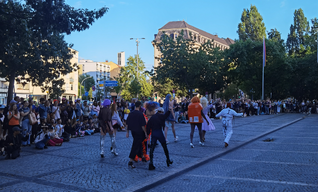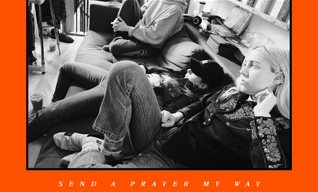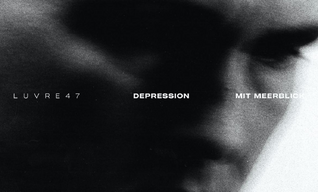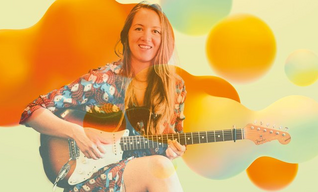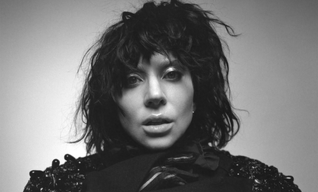
Benedict Weskott
Berlin
-
Noch keine BeiträgeHier wird noch geschrieben ... bitte schaue bald nochmal vorbei

Benedict Weskott
-
kultur
-
lokaljournalismus
-
musik
-
musikjournalismus
-
radio
-
journalismus
-
texter
-
rezensionen
Journalist*in, Sozialwissenschaftler*in & Texter*in
Auftraggeber
Auftouren.de , CT das radio , Campuscharts.de , Deutschlandfunk , Deutschlandfunk Kultur , Gestaltend GmbH & Co. KG , Kaput – Magazin für Insolvenz & Pop , Ruhr Nachrichten , Sendungsmitschnitte (Auswahl)
Weitere Profile
Bluesky , Facebook , Linkedin , Twitter , Xing
Fehler!
Leider konnte der Artikel nicht gefunden werden.
We can't find the internet
Attempting to reconnect
Something went wrong!
Hang in there while we get back on track




